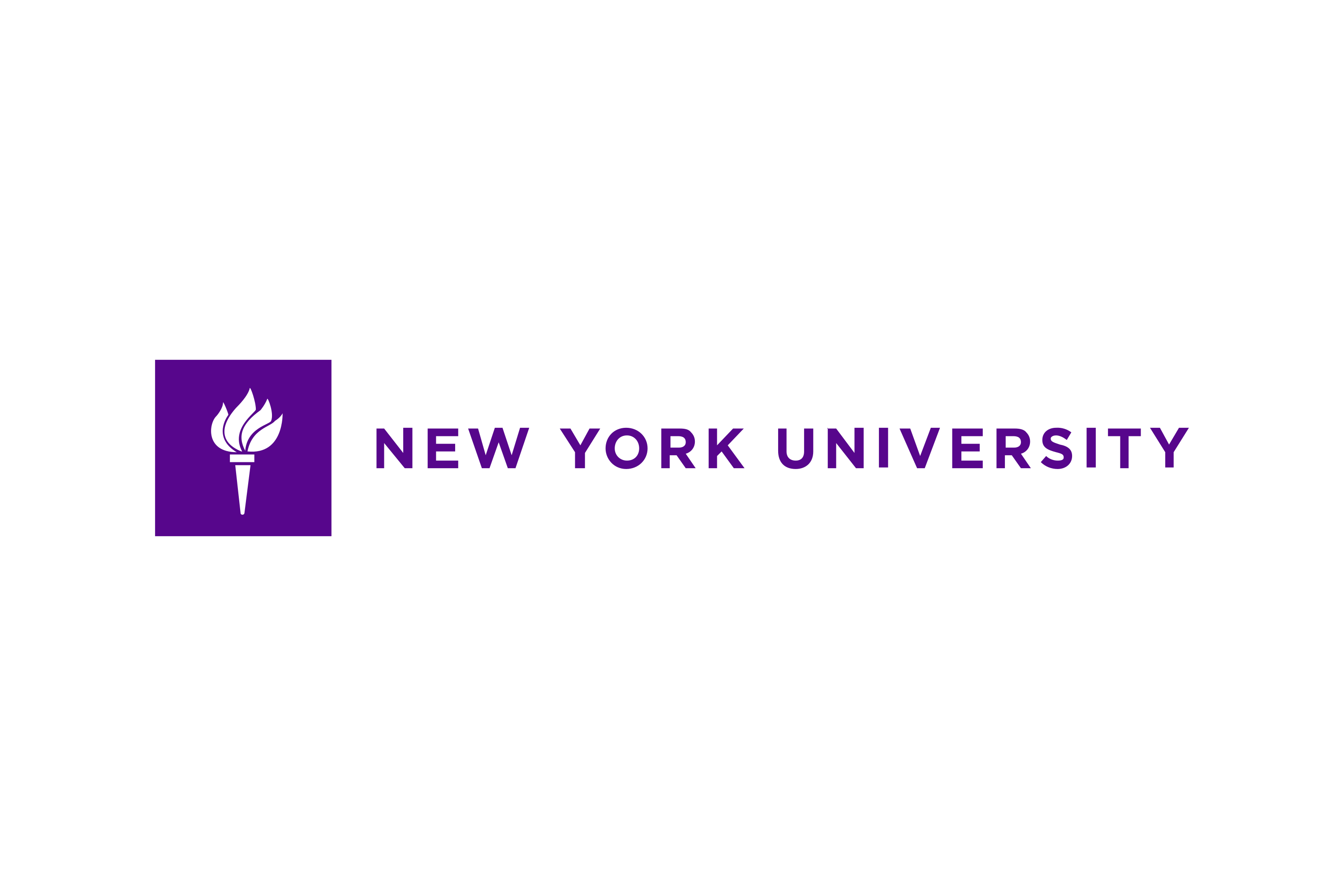New York University: NYU Wagner Releases ‘NYC 2025’ Comprehensive, Inclusive Policy Proposals for New York City’s Economic Recovery
New York University’s Wagner School of Public Service today published 15 thoughtful, forward-thinking proposals laying out a practical path for the next Mayor and City Council to follow to ensure a more inclusive post-pandemic recovery for all. Papers range from mayoral power to healthcare to housing. The proposals are available at wagner.nyu.edu/nyc2025, with more to follow.
With a presumed mayor-elect waiting in the wings, NYC 2025 brings together experts from different issue areas to hold an ongoing conversation about a range of public policy issues that must be addressed for the city to become stronger, fairer, and more equitable and racially just than it was before COVID-19.
NYC 2025 shares this collection of policy proposals with recommendations centered on a post-pandemic New York City that embraces fairness and inclusion of all communities, as well as innovative policies informed by the city’s shared need for a robust, diversified economy that will outlast the immediate recovery.
This group will also host a series of convenings to bring the papers to life starting with NYC 2025’s first public panel discussion, held Friday morning, October 22, in collaboration with the NYU Stern Center for Sustainable Business. The discussion will include four paper contributors to discuss their policy recommendations. You can register to attend the virtual discussion at wagner.nyu.edu/community/events/nyc-2025-road-recovery-series-2021-10-22
NYC 2025 Policy Papers first feature papers that consider the mechanisms to which the City operates:
· The Power of the Mayor, written by Richard Briffault, describes the legal frameworks that either empower or constrain the Mayor’s ability to adopt and affect policies in the City.
· The City’s Economic Recovery Must Also be a Powerful Declaration on Racial Justice, written by Jennifer Jones Austin, proposes the City commit to a new paradigm for achieving equitable economic recovery.
· First, Do No Harm, by Andrew Eristoff, explores how New York’s municipal leaders can adjust tax policy to make the City more competitive.
· The Future of NYC’s Healthcare Networks by Stephen Berger, proposes strategies to improve equality and reduce racial inequities in healthcare.
NYC 2025 and its papers draw upon the expertise of New Yorkers with celebrated records of achievement and thoughtfulness in their professions. Contributors include:
Jennifer Jones Austin, CEO of the Federation of Protestant Welfare Agencies
Andrew Sidamon-Eristoff, former NYC Council Member, NYC Department of Finance Commissioner, NYS Department of Tax and Finance Commissioner
Elizabeth Glazer, former director of the NYC Mayor’s Office of Criminal Justice, former NYS Deputy Secretary for Public Safety to Gov. Cuomo
Richard Briffault, Joseph P. Chamberlain Professor of Legislation at Columbia Law School
Ingrid Gould Ellen, Paulette Goddard Professor of Urban Policy and Planning at New York University, and others.
Students and faculty at NYU Wagner will contribute to NYC 2025 with supporting content that provides context for each policy proposal. Faculty will continue to track the results and impacts of the proposals over the next four years, drawing on the experts to evaluate the new elected leadership’s progress on key issues.
NYU Wagner professors Thad Calabrese and Martha Stark serve as co-editors of NYC 2025, are supported by an advisory board chaired by Dean Glied and Meridiam NA CEO James Rubin with former U.S. Treasury Secretary Robert Rubin as honorary co-chair.

